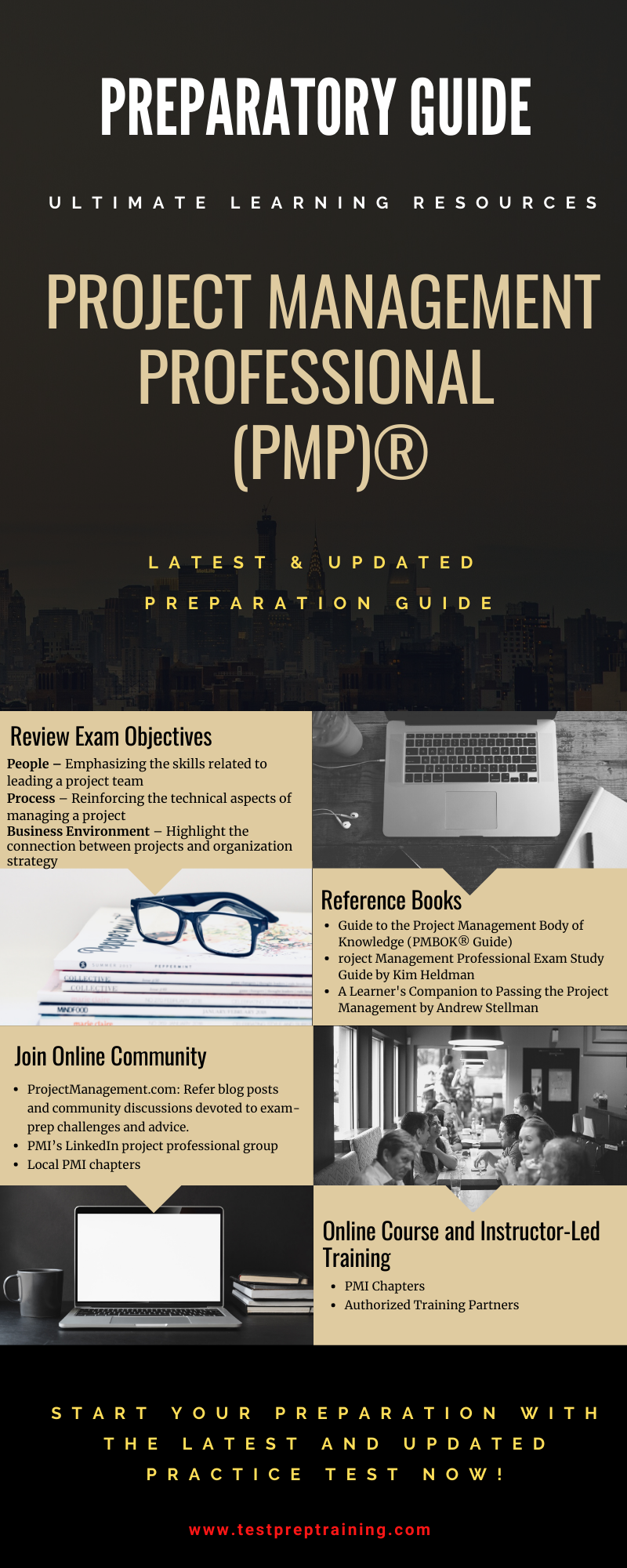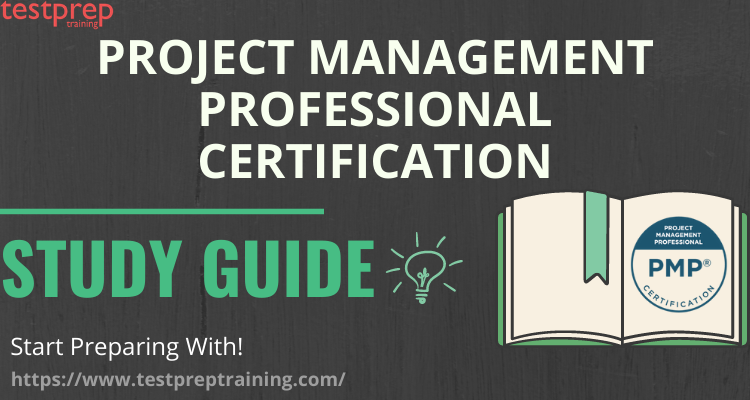Project Management Professional Certification (PMP) exam serves as evidence to employers, clients, and peers that you have the necessary project management expertise, practical experience, and competencies to effectively oversee and complete projects. Given the pressing need for proficient project managers in the current landscape, individuals who are PMP-certified are in a favorable position to deliver the expert capabilities required for guiding project teams and attaining favorable project outcomes. It also shows that you’ve actually done project management in real life.
Who Should Apply for Project Management Professional Certification (PMP)?
An experienced project manager:
- To begin, they carry out their tasks with some guidance and handle all aspects of the project throughout its duration.
- Next, they take charge and guide teams with different skills to complete projects on time, within budget, and using the available resources.
- Additionally, they show they know enough and have the experience to use a specific approach for projects with clear requirements and goals.
Prerequisites for the exam
To become a Certified Project Management Professional, having actual experience in managing real projects successfully is crucial. So, before you apply, make sure you meet one of the following sets of PMP Certification requirements:
A four-year degree
36 months leading projects
35 hours of project management education/training or CAPM Certification
— OR —
A high school diploma or an associate’s degree (or global equivalent)
60 months leading projects
35 hours of project management education/training or CAPM Certification
Study Guide for Project Management Professional (PMP) Certification
There are many resources available to help you prepare, but passing the certification can be tough if you don’t pick the right ones. It’s essential to choose your resources carefully. Let’s explore a few helpful resources in the PMP Project Management Professional Exam Study Guide.

Step 1: Collect Exam Information
Project management professionals need more diverse skills and approaches than ever before. The Project Management Professional (PMP) certification exam changed on 2 January 2021 to meet those needs and will focus on three new domains:
Domain I – People (42%)
- This domain consists of total 14 tasks including, Manage conflict, Lead a team, Support team performance, Empower team members and stakeholders. Together with ensuring team members/stakeholders are adequately trained as well as building a team, address and remove impediments, obstacles, and blockers for the team. Further, you will learn about Negotiating project agreements, collaborate with stakeholders, and building shared understanding. Also, you will learn to engage and support virtual teams, Define team ground rules, Mentor relevant stakeholders as well as Promote team performance through the application of emotional intelligence.
Domain II – Process (50%)
- Th Second domain consists of 17 tasks including executing project with the urgency required to deliver business value, Manage communications and assess and manage risks. Moreover, you will learn to engage with stakeholders, plan and manage budget, resources and schedule. Togetherwith, planning and managing quality of products/deliverables, and scope. Further, you will learn to Integrate project planning activities, manage project changes, plan and manage procurement and artifacts. Also, you will determine appropriate project methodology/methods and practices. Then, you will also be responsible to establish project governance structure, as well as manage project issues. You must also ensure knowledge transfer for project continuity as well as plan and manage project/phase closure or transitions.
Domain III Business Environment (8%)
- In the last and final domain, you will learn to plan and manage project compliance, – Evaluate and deliver project benefits and value. Moreover, you will be required to evaluate and address external business environment changes for impact on scope and support organizational change.
Step 2: Explore Learning Resources
There are plenty of Learning Resources available in the market place to aid your preparations for the exam. The following Learning Resources will support your journey towards the exam.
Resource 1: Books – The ultimate guide!

Books are a great and trustworthy way to learn about the theoretical parts of the syllabus. You can use many books, either from bookstores or libraries. Just be sure the books you choose cover all the topics that will be in the exam questions. Also, it’s helpful if the book has lots of practice exercises to give you hands-on experience. Here’s a list of recommended books to consider –
- Firstly, a Guide to the Project Management Body of Knowledge (PMBOK Guide) is a go-to reference book.
- PMP: Project Management Professional Exam Study Guide by Kim Heldman
- Head First PMP: A Learner’s Companion to Passing the Project Management by Andrew Stellman (Author)
- Also, Project Management Professional Pmp Handbook
Resource 2: Online classes and Instructor-led training
You can also refer to Project Management Professional Training and online classes in order to clear the concepts and develop strong understanding. Since, the person taking the exam is already experienced in the field of project management. He is completely trained in the practical aspects of the exam. The more focus should now be paid to the theoretical aspect. This can be done by getting trained from experts or by getting classes by a reliable organization.
Resource 3: Join Online Community
Joining an online forum or study community is really beneficial for your preparations. You get to connect with your peers who are on the same journey towards this exam. Moreover, these online forums have healthy discussions time to time that help you expand your knowledge. Also given the multiple perspectives of various individuals and experts you get to learn from their expertise. Further, you can clarify your doubts as and when they arise all due to these online communities. You can refer to the following clubs by PMI:
- Firstly, ProjectManagement.com
- Next, PMI’s LinkedIn project professional group
- Thirdly, Local PMI chapters
Step 3: Evaluate with Practice Tests
The practice papers and test series are one way to evaluate your progress. The Pmp Project Management Professional Practice Tests help you in identifying week portions of your preparation. You get to know about your loopholes. Strengthening your weaker areas surely guarantees success. There are many reliable sites which helps you by providing sample papers and test series. Attempt multiple tests to boost your confidence. Try a free practice test now! Make sure to practice as much as you can in order to reach the best level.



